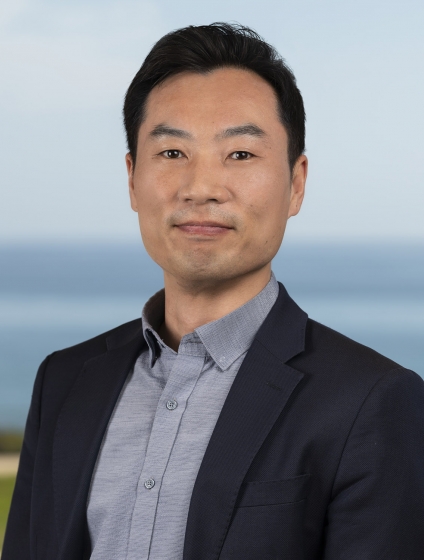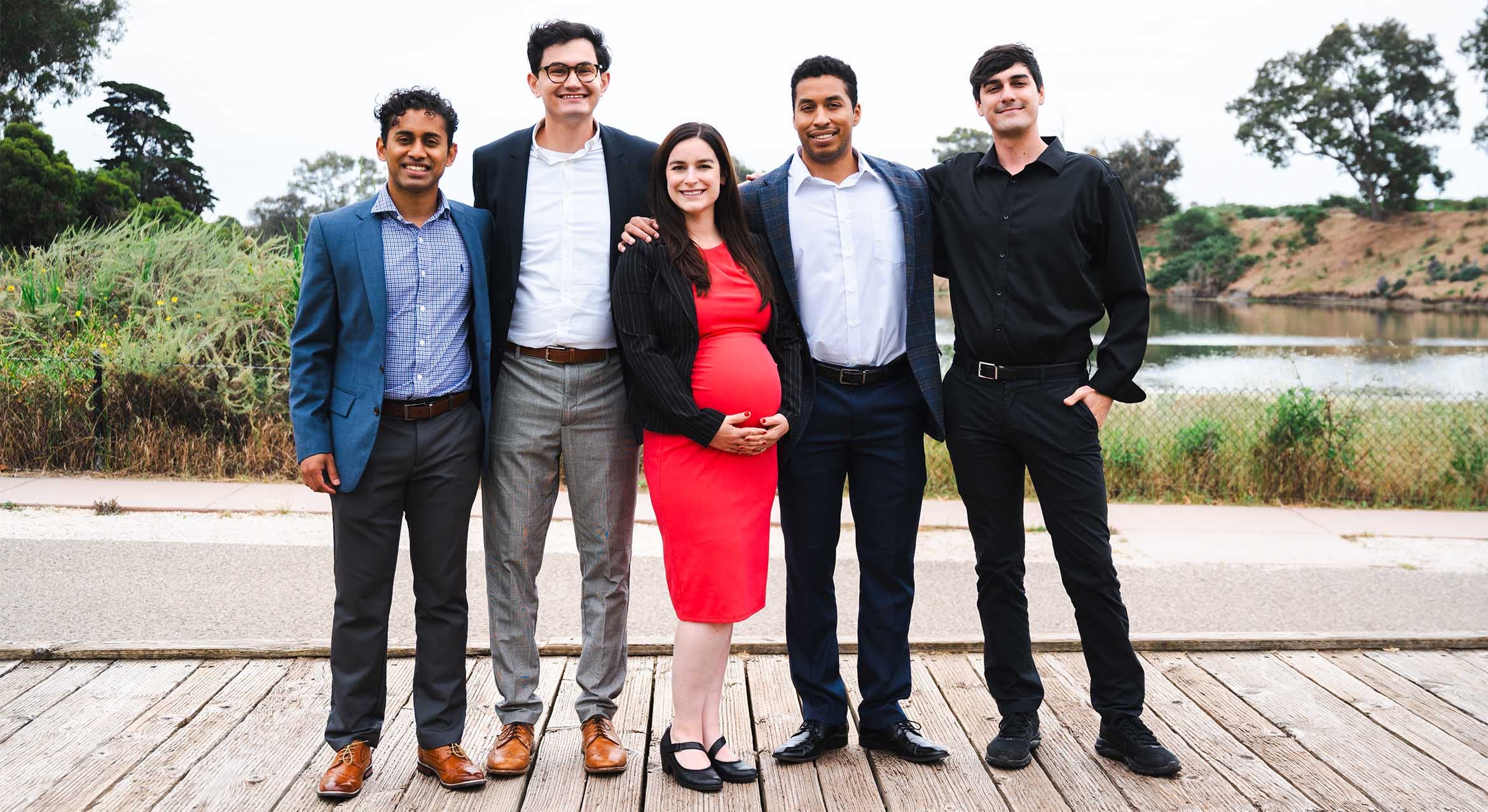
Royal Recognition
Joining such notables as Nelson Mandela, Marie Curie and Adam Smith, industrial ecologist Sangwon Suh has become an invited member of the Royal Society of Arts. The organization, which traces its roots back to 1754 and the cusp of the industrial revolution, was founded to encourage the arts, manufacturing and commerce. In its invitation to Suh, the society cites his contributions to “positive social change, as well as alignment with our values of being open, optimistic, pioneering, rigorous and enabling.”
At first Suh, who studies the environmental implications of technology at the campus’s Bren School of Environmental Science & Management, wasn’t sure why he’d been nominated as a fellow of an arts society. “Reading more, I understood that the word ‘arts’ in 18th-century English encompassed not only what we recognize as arts today but also science, innovation or commerce that were masterfully done,” Suh said. He was particularly pleased to learn he’d be joining the company of RSA fellow Sir David Attenborough, a personal hero.
“The RSA is noted for being the first to use the term ‘sustainability’ in an environmental context,” noted Steve Gaines, dean of the Bren School. “So, it is very fitting that they should recognize Professor Suh for his global leadership in sustainability solutions.”
Suh’s research involves evaluating the environmental burdens associated with a product, process or activity. “How does one know that product A is environmentally more preferable than product B?” he posits. “What evidence do we need?” He cites terms like “organic,” “non-GMO” and “high recycled content” as examples. “Such single-trait-based approaches do not allow us to develop a scientifically defensible argument why one product should be environmentally superior.”
Truly understanding the sustainability of products and processes requires a foundation of mathematical algorithms and models for measuring sustainability performance — a methodology called life cycle assessment. Suh analyzes the lifecycle of products and services — from the extraction of raw materials to their use or disposal — tracking various environmental and health metrics such as greenhouse gas emissions, toxic waste production and resource consumption.
“Life cycle assessment provides the conceptual framework to quantify and compare the environmental performances of different products on a leveled playing field,” he explained.
Although it’s a fairly theory-driven field, life cycle assessment has immediate, practical applications. Indeed, Suh has worked to make his models and methodology accessible to industries by to incorporating them into software tools and databases.
Suh has received recognition from his peers for his pioneering work in this field, accepting the the Lifetime Achievement Award from the American Center for Life Cycle Assessment in September 2020. He also was named among the most influential scientists in his field, according to Clarivate Analytics’ (formerly Thomson Reuters) 2020 Highly Cited Researchers.
Suh’s current interests lie in the pathways to achieving carbon neutrality by the middle of the century. This involves considering the technological means to get there, the framework conditions that enable transition, and the associated costs. He is working with private-sector and non-profit organizations to develop the system and infrastructure for large-scale, rapid measurement of carbon footprints. “The goal is to enable affordable and reliable measurements of carbon footprint for everyday decisions,” he said.
Suh has also taken an interest in toxic chemicals in the natural and human environment. He is particularly proud of the work he and his students conducted on replacing inefficient cookstoves in rural Africa with efficient gasification stoves. “The National Institutes of Health and World Health Organization estimate that 3-4 million people, mainly women and children, die prematurely from the use of inefficient solid fuel combustion,” Suh explained, “including rudimentary three-stone cooking fires and charcoal stoves.
“We have quantified that an efficient gasification cookstove can reduce greenhouse gas emissions from cooking by 90%, while also reducing other toxic off gases,” he continued. Suh and his students are distributing these cookstoves to socially and economically underprivileged communities in rural Rwanda.
“In all my career, I tried to bring what I learn from my academic research to the corporate world,” said Suh. He’s helped Fortune 500 companies as well as small to medium-sized enterprises achieve their sustainability goals using cutting edge tools and data. Last year, an independent organization, Fair Force, recognized Suh as the top 39th environmental data entrepreneur in the world.
Dean Gaines applauded Suh’s ability to translate his research into meaningful actions, saying, “Professor Suh is a stellar example of how new academic innovations can promote broad social benefits.”



